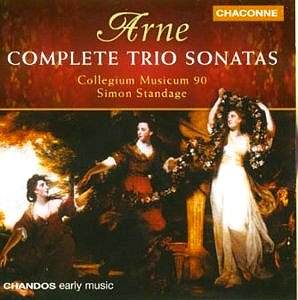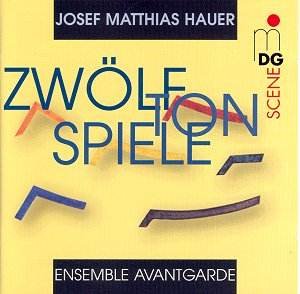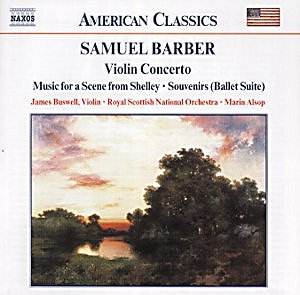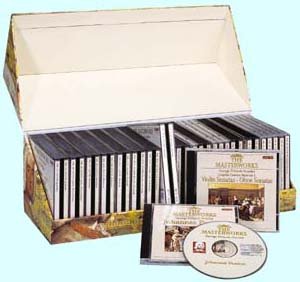 Composer: John Rutter
Composer: John Rutter
Works: Feel the Spirit, seven spirituals; Songs and sonnets from Shakespeare; The heavenly aeroplane; Lord of the Dance; Birthday madrigals; Skylark
Performers: Margaret Marshall (mezzo), Wayne Marshall (piano), The Cambridge Singers, BBC Concert Orchestra
Recording: Cambridge, 2000? (DDD)
Label: Collegium Records COLCD 128 [74.55]
John Rutter’s contribution to contemporary choral music is one that often evokes polarizing opinions, yet his ability to weave rich, melodic lines in an accessible manner cannot be dismissed. The compilation “Feel the Spirit: Songs and Spirituals” offers a compelling showcase of his skills, intertwining traditional African American spirituals with his own compositions and arrangements. Rutter’s music often serves as a bridge between the sacred and the secular, and this recording exemplifies that duality, presenting spirituals with a clarity and sophistication that stands in stark contrast to the sometimes chaotic nature of modern gospel.
The performance is particularly noteworthy for its vocal clarity and expressive interpretation. Margaret Marshall’s mezzo-soprano voice is a standout; her rendition of “Deep River” is nothing short of transcendent. The delicate balance she strikes between emotional depth and technical precision is evident from the outset. The diction is impeccable, allowing the poignant lyrics to resonate with full impact, while the accompanying piano, played by Wayne Marshall, supports without overshadowing, providing a shimmering backdrop that enhances the overall effect. The Cambridge Singers, under Rutter’s direction, are well-balanced, their harmonies blending seamlessly in pieces like “Every Time I Feel the Spirit,” where the syncopated rhythms of the men’s voices create an infectious energy that is both uplifting and deeply moving.
Rutter’s arrangements of spirituals, particularly in works such as “The Battle of Jericho,” reveal his adeptness at preserving the traditional essence while infusing a contemporary sensibility. The climactic moments are handled with expert pacing, building to heights that are both thrilling and satisfying. However, the juxtaposition of Rutter’s original works with those of George Shearing raises questions of stylistic cohesion. Shearing’s “Songs and Sonnets from Shakespeare,” while pleasant, lacks the emotional gravitas found in Rutter’s pieces, at times feeling overly simplistic in comparison. The historical context of these settings—rooted in the English choral tradition—does not resonate with the same immediacy as Rutter’s arrangements of spirituals, which carry a palpable sense of cultural heritage and urgency.
Sound quality and engineering are commendable throughout the recording. The clarity of the orchestral textures and the vividness of the choral sound create an immersive listening experience. The balance between soloist and ensemble is expertly managed, allowing for both the intimacy of the solo lines and the grandeur of the choral passages to shine through. This attention to detail is indicative of a high-quality production that enhances the listening experience, making it suitable for both sacred settings and concert performances.
Exploring Rutter’s “The Heavenly Aeroplane” and “Lord of the Dance” reveals a more controversial aspect of his oeuvre. The former, with its light-hearted rock ‘n’ roll style, may draw criticism for its perceived irreverence, while the latter attempts to justify dance within the context of worship, a topic that remains contentious among traditionalists. Though these pieces may not resonate with all listeners, they demonstrate Rutter’s willingness to engage with modern themes, albeit with mixed results.
The recording culminates with an arrangement of Hoagy Carmichael’s “Skylark,” which serves as a thoughtful conclusion to the collection. Rutter’s treatment of this standard is respectful yet fresh, allowing the listener to reflect on the beauty of melody and lyricism, a hallmark of both jazz and choral traditions.
The album ultimately succeeds in illustrating that spirituals and gospel music can transcend the often disorganized and repetitive styles found in contemporary renditions. Rutter’s disciplined and artfully crafted approach presents an opportunity for deeper engagement with this rich musical heritage. This recording stands as a testament to the power of well-executed choral music, merging tradition with artistry in a way that invites both reverence and joy.



